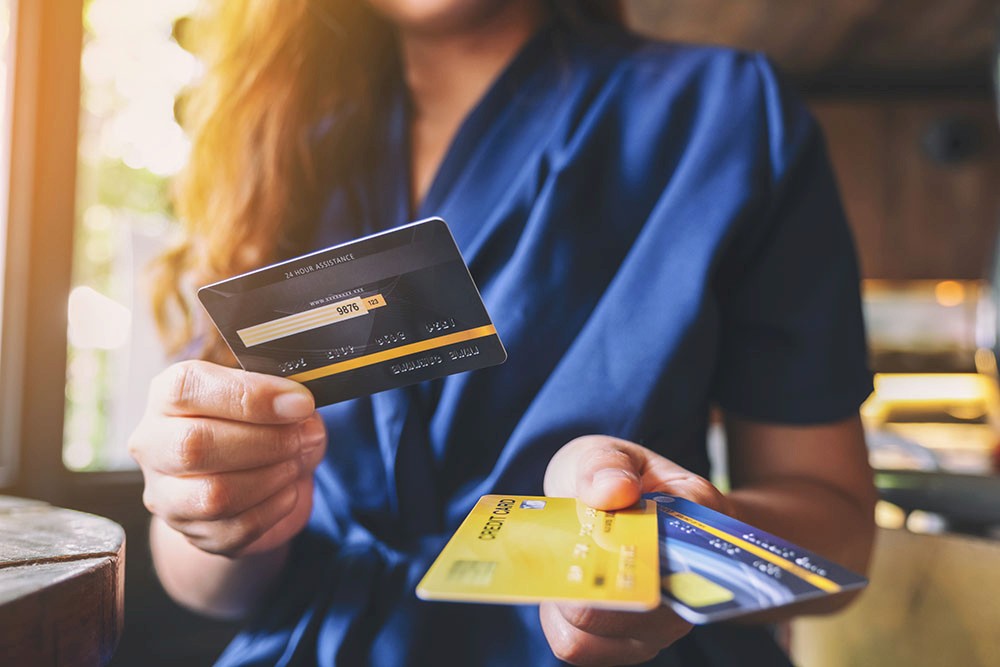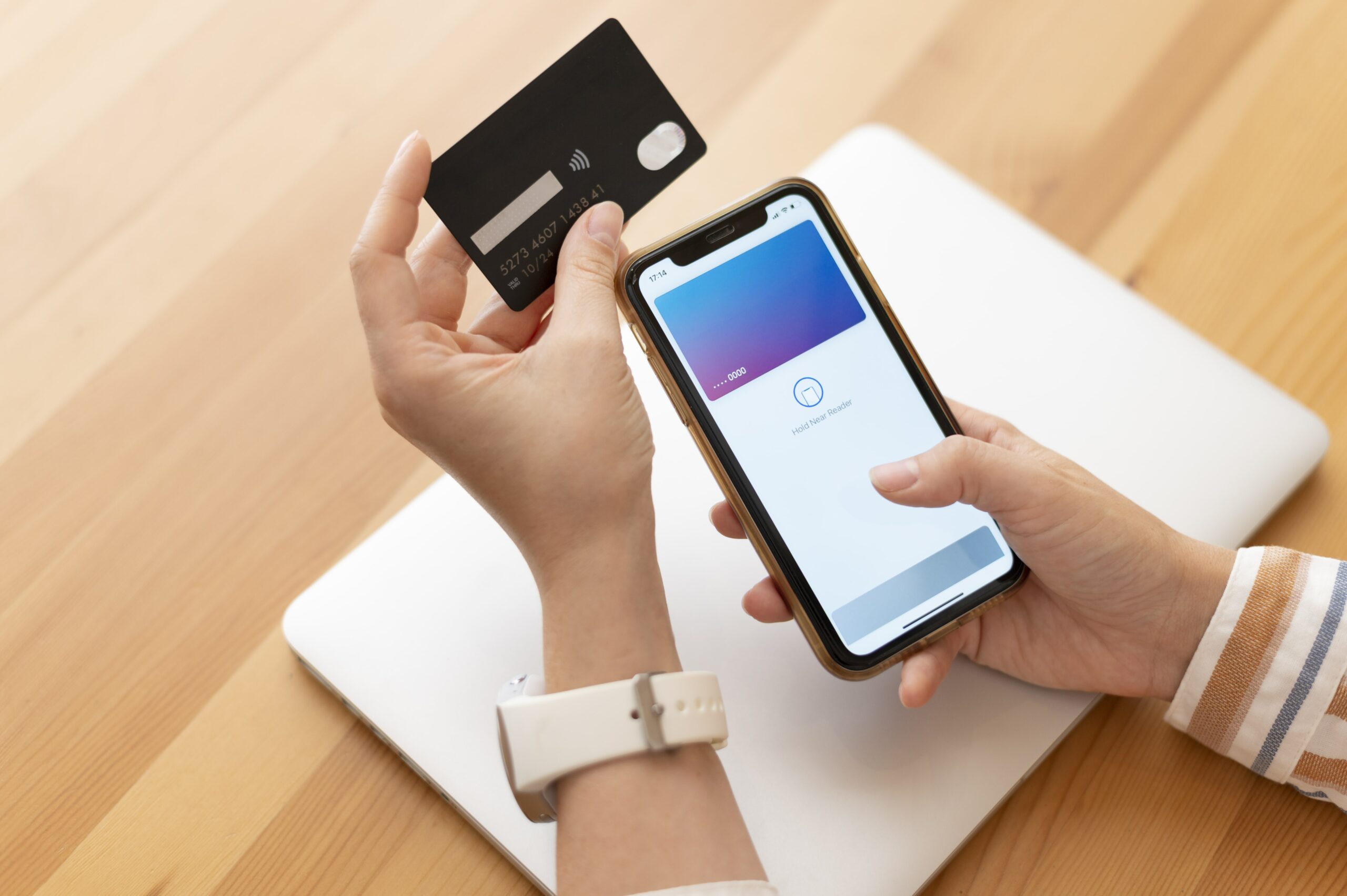Digital payments have made managing finances more convenient. Withdrawing cash, depositing money, and making payments are all easier thanks to debit and credit cards. Popular options include RuPay, Visa, and MasterCard, which work both online and in stores.
You might have noticed logos like MasterCard, Visa, or RuPay on your debit or credit card. These logos represent different payment networks that enable various transactions. RuPay is a specific network for India, while Visa and MasterCard are international networks.
This article will take a closer look at the main differences between RuPay cards and Visa cards, explaining their features and benefits.
What is a RuPay Card?
RuPay is a network for making payments electronically in India. It was set up by the National Payments Corporation of India (NPCI) in 2012. Their goal is to offer a payment option that's affordable and accessible for everyone in India, helping more people use electronic payments.
The name RuPay combines "Rupee" and "Payment," indicating it's an Indian system. It was created as a secure and local alternative to international networks like Visa and Mastercard, which can sometimes have higher fees. RuPay cards come in different types, including debit cards, credit cards, and prepaid cards. You can use them for online transactions, swiping at stores (point-of-sale), and getting cash from ATMs. Most places that accept cards in India will accept RuPay.
RuPay also works with Discover Financial Services, so you can use your RuPay card in some places outside India as well. This gives you more flexibility when making purchases.
RuPay Card Features and Benefits
RuPay cards, designed specifically for Indian consumers, offer a range of features and benefits that enhance your financial experience. Here's a closer look:
- Security and Convenience: RuPay cards prioritise safety with EMV chip technology and two-factor authentication. Plus, you'll receive SMS alerts after each transaction for added peace of mind. And for speedy payments, contactless functionality lets you simply tap your card at POS terminals.
- Easy Transactions: Whether it's in-store purchases, bill payments, online shopping, or ATM withdrawals, RuPay cards allow you to manage various financial needs with ease.
- RuPay Rewards: RuPay offers attractive rewards programs. The RuPay Scan and Score program, exclusive to RuPay Credit Card UPI payments, lets you earn points and win exciting prizes. For every Rs 100 spent using RuPay Credit Card UPI, you get 1 RuPay Coin.
- Travel Benefits: For RuPay credit cardholders, travel benefits might include reward points for dining, travel bookings, and even international spending. Additionally, some cards offer complimentary airport lounge access for added comfort during your journeys. (Note: This benefit may vary depending on the specific RuPay credit card).
What is a Visa Card?
Visa is one of the most well-known payment networks in the world. Visa cards are a type of payment card that lets you make purchases and payments using the Visa network.
The specific type of Visa card you get depends on what your bank or financial institution offers. These cards can be credit cards, debit cards, or prepaid cards.
The main benefit of using a Visa card is the convenience and flexibility it offers. Depending on the card type, you can use it to:
- Make purchases in stores and online
- Pay bills
- Withdraw cash from ATMs
Visa Card Features and Benefits
Visa is a widely used payment system and some of its notable features include:
-
Global Acceptance and Convenience:
Visa cards are widely accepted in millions of locations across over 200 countries and territories. This makes them a convenient choice for travellers and those who shop online from international retailers.
-
24/7 Customer Support:
Visa offers global customer assistance around the clock, every day of the week. This service can be helpful if you encounter any issues with your card while traveling or using it abroad.
-
Extensive ATM Network:
Visa debit cards can be used to withdraw cash at over 1.9 million ATMs in more than 200 countries. This provides easy access to cash when you need it, wherever you may be.
-
Security Features:
Visa cards prioritise security with features like chip-and-PIN technology and Verified by Visa programs. These features help protect your card from unauthorised use.
-
Rewards Programs (Optional):
Some Visa cards offer rewards programs that may include benefits like movie tickets, airport lounge access, and points earned on purchases. These perks vary depending on the specific card and issuer.
RuPay vs Visa cards
RuPay cards have gained significant popularity in India recently. However, many users are unsure about the main differences between RuPay and Visa cards when choosing between the two. Here's a breakdown of some important factors to consider:
-
Acceptance:
RuPay cards are widely accepted by Indian merchants, both online and in stores. You can also use them for online bill payments. However, RuPay cards are still growing and aren't accepted internationally yet. Visa, being an international payment system, is accepted in most countries worldwide for debit and credit card transactions.
-
Processing Time:
RuPay transactions are generally faster for domestic use compared to Visa. This is because RuPay is a domestic network, processes data locally for verification. Visa, as an international network, sends transaction data abroad, potentially leading to slightly slower processing times.
-
Processing Fees:
Transactions made with RuPay cards are processed within India, incurring lower fees compared to Visa transactions. Since Visa is international, processing fees are typically higher due to the additional steps involved.
-
Cash Withdrawal at ATMs:
Both RuPay and Visa cards allow cash withdrawals at ATMs. However, RuPay cards are limited to domestic use within India. Visa cards, on the other hand, can be used for international ATM withdrawals as well.
-
Card Charges:
Many Indian companies offer RuPay credit cards lifetime free, or at a lower annual cost compared to Visa. Both RuPay and Visa debit cards may have annual charges depending on the issuing bank.
-
Target Audience:
RuPay cards were designed to expand financial services to rural areas of India. While Visa remains popular in larger cities, RuPay cards are becoming more available there as well.
-
Safety and Security:
Transactions with both RuPay and Visa debit cards are considered secure. Since RuPay transactions are primarily domestic, card information remains within the country. Visa transactions are processed internationally, but the payment gateway maintains a high level of security. You can further enhance security with Visa's "Verified by Visa" system, which requires a one-time password for online transactions.
-
Innovation and Presence:
Visa is a well-established global payment network accepted worldwide for various transactions, including international ATM withdrawals. RuPay, while primarily domestic now, is expanding its reach and may offer international use in the future.
Frequently Asked Questions (FAQs)
-
Are fees higher for Visa debit cards compared to RuPay cards?
Yes, transaction charges tend to be slightly lower for RuPay cards compared to Visa cards in India. This is because the Indian government promotes RuPay for wider financial inclusion, leading to lower processing fees.
-
How can I get a RuPay card instead of Visa?
When opening a new bank account, you can specify your preferred debit card network on the application form. Simply choose RuPay as your preferred card type.
-
Which card is better, RuPay or Visa?
The best choice depends on your spending habits. RuPay offers potential benefits for the average Indian customer due to government initiatives. However, Visa boasts wider global acceptance.
-
Can I switch my existing Visa card to RuPay?
Yes, switching to a RuPay debit card is easy. Contact your bank's customer service or visit a branch to request a new RuPay card.
-
What does RuPay stand for?
RuPay is a combination of "Rupee" and "Payment," signifying an Indian card payment system. It's a domestic alternative to international networks like Visa













